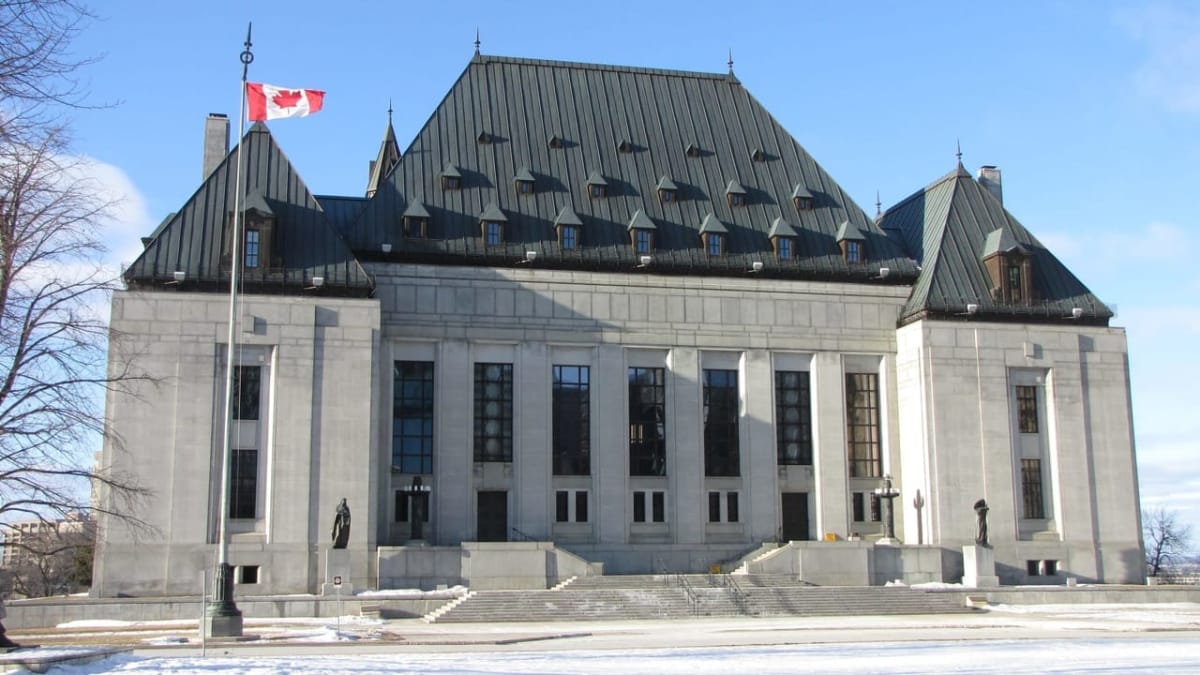The Supreme Court of Canada has ruled that Canadian courts can apply judgements worldwide in certain situations. Ruling 7-2, the court found that under Canadian law, courts can “grand an injunction enjoining conduct anywhere in the world”, if “it is necessary to ensure the injunction’s effectiveness”. The majority ruling consisted of Chief Justice Beverley McLachlin and Justices Rosalie Abella, Michael Moldaver, Andromache Karakatsanis, Richard Wagner, Clement Gascon, and Russell Brown.
In this case, the Supreme Court of British Columbia had ordered Google to delist search results for a company worldwide. The case stemmed from a network device manufacturer, Equustek Solutions Inc, suing the distributor Datalink Technologies Gateways. Equustek Solutions had alleged that Datalink Technologies illegally copied and sold its equipment, simply rebranding it and claiming it as its own. During the case, Datalink Technologies relocated to another province.
The British Columbia court had issued an injunction prohibiting the sale and distribution of the infringing hardware. In 2012, Equustek Solutions asked Google to remove search results for Datalink Technologies, but Google had only done so for the Canadian version of Google. The Supreme Court of British Columbia had ordered them to remove them worldwide, but Google appealed, saying that global removal was not needed and that it violated freedom of speech.
The court rejected the free speech concerns, explaining “This is not an order to remove speech that, on its face, engages freedom of expression values, it is an order to de-index websites that are in violation of several court orders. We have not, to date, accepted that freedom of expression requires the facilitation of the unlawful sale of goods.”. It also noted that at no point were Google themselves liable for infringement, nor were they being forced to proactively monitor their search. The court also noted that Google did not raise any objections on the basis of unfair inconvenience or unfair costs associated with removing the search results.
In addition, the court cited that there was a need for a worldwide block due to Datalink Technologies leaving Canada. “Equustek has made efforts to locate Datalink with limited success. Datalink is only able to survive — at the expense of Equustek’s survival — on Google’s search engine which directs potential customers to its websites. In other words, Google is how Datalink has been able to continue harming Equustek in defiance of several court orders.”
The two dissenting judges, Suzanne Cote and Malcolm Rowe, dissented primarily on the basis that Google was a non-party to the lawsuit and had acted in good faith, and that Datalink Technologies was already in violation of the court order. “In our view, Google did not aid or abet the doing of the prohibited act. Equustek alleged that Google’s search engine was facilitating Datalink’s ongoing breach by leading customers to Datalink websites. However, the December 2012 Order was to cease carrying on business through any website.”
Because this was the ruling of the Supreme Court of Canada, the ruling is final and cannot be appealed.







